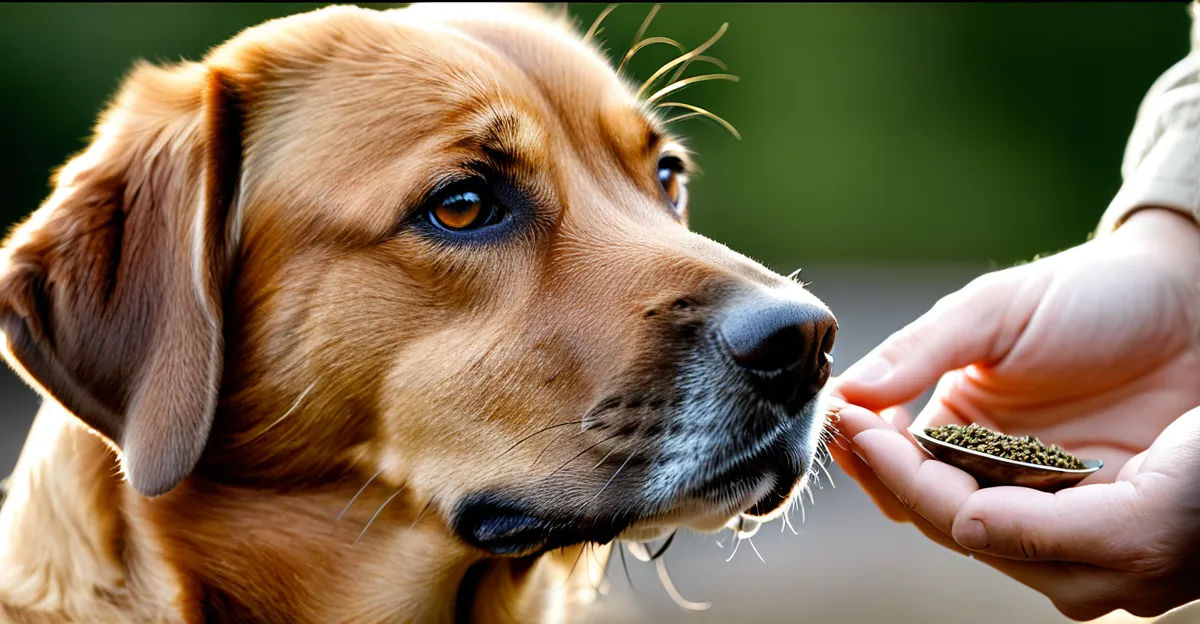Summary of UK Pet Ownership Laws and Their Impact on Responsibilities
Understanding UK pet laws is crucial to fulfilling pet ownership responsibilities. The legal framework sets clear standards that all pet owners must follow to ensure animal welfare and public safety. Central to these is the Animal Welfare Act 2006, which mandates that owners provide proper food, shelter, veterinary care, and protection from harm for their animals. This legislation establishes a broad duty of care, influencing how owners manage their pets daily.
UK laws also address specific pet ownership responsibilities, such as microchipping dogs, controlling them in public spaces, and maintaining secure environments at home. Beyond dogs, regulations extend to other pet types, including cats and exotic animals, each with tailored legal stipulations. For instance, certain exotic pets require licenses due to safety and conservation concerns, and cats can fall under local control measures.
Also read : What are the UK’s regulations for traveling with pets?
Moreover, the legal requirements for pet owners encompass breed-specific rules under the Dangerous Dogs Act, which restrict ownership of particular dog breeds and impose strict control measures. Altogether, these laws shape how pet owners must act to protect both their animals and the community—a balance of welfare and legal compliance.
Core Responsibilities Required by UK Law
In the UK, pet owner duties are clearly defined by law to ensure the welfare of animals and safety of the public. The cornerstone of these responsibilities stems from the Animal Welfare Act 2006, which outlines a legal duty of care requiring owners to provide their pets with adequate food, water, shelter, and veterinary attention. Failure to meet these standards can lead to prosecution.
Additional reading : What are the UK’s most popular pet breeds?
Beyond basic care, pet control obligations include microchipping, which is mandatory for dogs. This legal requirement helps trace pets and reduce abandonment. In addition, owners must prevent their animals from causing harm or nuisance in public or private spaces. For example, dogs must be kept under control on walks, and fencing must be secure to prevent escapes.
The scope of animal care standards varies by pet type. Dogs, cats, and exotic animals each have specific regulations. Exotic pets often require licenses due to the potential risks they pose to biodiversity or public health. Cats, while less regulated, may still be subject to local rules regarding containment or microchipping in some areas.
These pet ownership responsibilities ensure that owners maintain both the health of their animals and community safety under the framework of UK pet laws.




